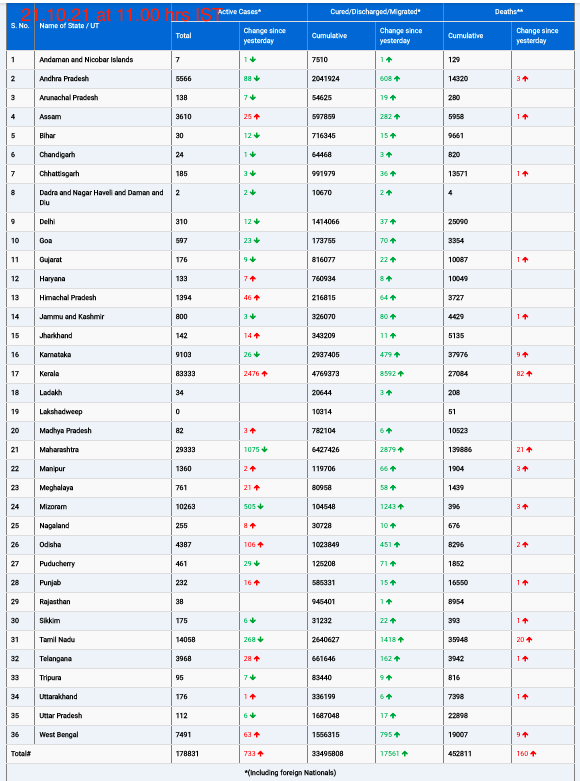A recent study has uncovered a potential independent risk factor for metabolic syndrome in US adults: higher urinary magnesium loss, as indicated by an elevated magnesium depletion score (MDS). The findings, based on an extensive examination of over 15,000 participants, shed light on the intricate relationship between magnesium status and metabolic health.
Methodology:
Researchers investigated the association between magnesium status and metabolic syndrome in 15,565 US adults participating in the National Health and Nutrition Examination Survey (NHANES) spanning from 2003 to 2018. The study utilized the magnesium depletion score (MDS), which considers factors such as diuretic use, proton pump inhibitor use, kidney function, and heavy alcohol consumption to predict magnesium deficiency. Participants were categorized based on their MDS levels, with higher scores indicating more severe magnesium deficiency. Key Findings:
The study revealed a notable difference in MDS levels between participants with and without metabolic syndrome, with a higher proportion of individuals with metabolic syndrome exhibiting elevated MDS (P < .05). Even after adjusting for potential confounding factors, each 1-unit increase in MDS was associated with a 30% increase in the odds of metabolic syndrome. A dose-response relationship was observed between MDS and metabolic syndrome, with higher MDS levels correlating with increased odds of metabolic syndrome. The association between metabolic syndrome and MDS remained consistent across various population subgroups, including age, gender, race, body mass index, drinking status, and smoking status. In Practice:
The study suggests that interventions aimed at preventing or reducing metabolic syndrome could involve magnesium supplementation or promoting diets rich in magnesium. Authors emphasize the modifiability of diet as a factor that can potentially mitigate metabolic syndrome risk. Study Source and Limitations:
Led by Xiaohao Wang from the Department of Geriatrics at the Southern University of Science and Technology, Shenzhen, China, the study was published in the Journal of Clinical Endocrinology & Metabolism. Limitations include the inability to establish a causal relationship between metabolic syndrome and MDS due to the study’s cross-sectional design. Additionally, the study could not determine whether MDS was a superior marker of magnesium deficiency compared to serum magnesium levels. Disclosure:
The study received support from the National Natural Science Foundation of China and the Natural Science Foundation of Shenzhen City, China, with the authors declaring no conflicts of interest. The study underscores the potential importance of monitoring magnesium status in the context of metabolic health and opens avenues for further research into interventions targeting magnesium deficiency to mitigate the risk of metabolic syndrome.











